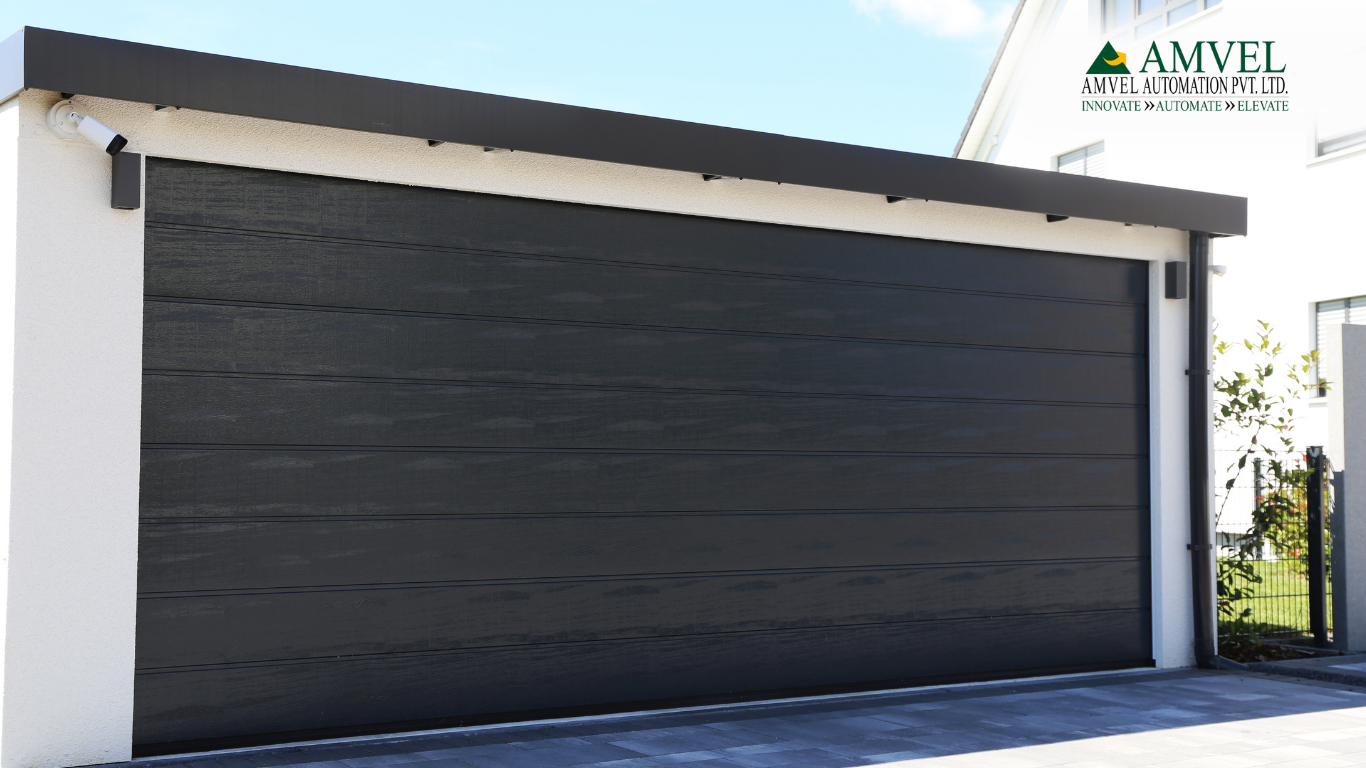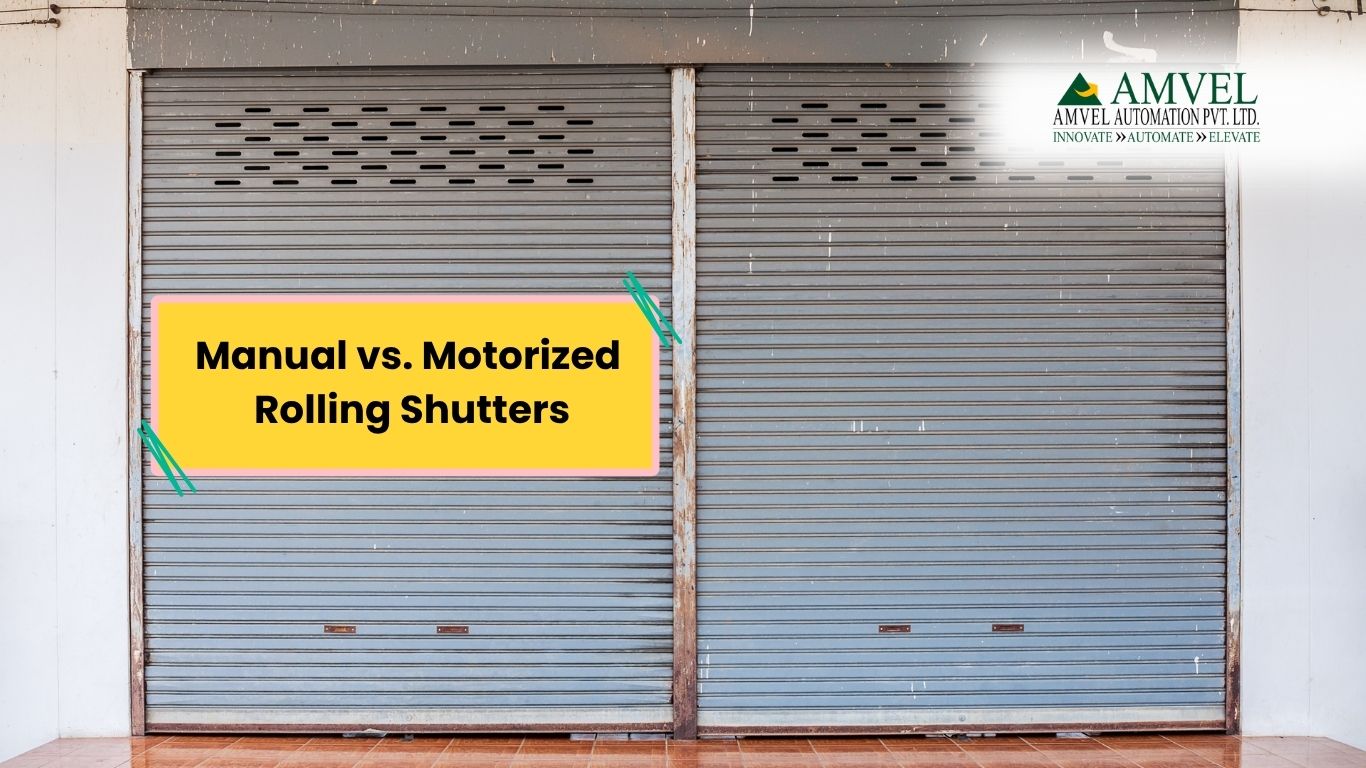Table of Contents
ToggleWhile it may seem like just another piece of metal bridging the gap between a warehouse and a truck, a dock leveller is actually a critical part of material handling solutions. When chosen and installed properly, it helps avoid costly delays, workplace injuries, and unnecessary product damage—issues that no logistics manager can afford to ignore.
The Backbone of Efficient Loading Bays
The material handling industry is evolving at a rapid pace, with increasing demands for speed, safety, and automation. In this race against time, dock levellers have emerged as one of the most vital components in ensuring seamless operations between trucks and warehouses. Whether you’re managing a high-volume distribution center or a smaller facility, the smooth transfer of goods depends heavily on having a reliable and well-fitted dock leveller system.
Beyond logistics, there’s a deeper impact here—employee safety, reduced stress on operations teams, and the peace of mind that comes from knowing your infrastructure won’t fail under pressure.
What Is a Dock Leveller?
A dock leveller is a mechanical or hydraulic platform installed at loading bays to bridge the height and distance between a truck bed and the warehouse floor. It compensates for the variation in height between the dock and different types of vehicles, allowing for safe and efficient movement of forklifts, pallet jacks, and other material handling equipment.
By eliminating gaps and reducing slopes, dock levellers not only streamline operations but also mitigate the risks of accidents, product damage, and worker injury.
Why Are Dock Levellers Essential for Material Handling?
1. Enhances Safety for Workers and Equipment
Safety is not just a regulatory requirement—it’s a responsibility. Every day, workers put their trust in the equipment they use. Poorly aligned truck docks or improvised ramps can lead to falls, slips, and even serious injuries.
Dock levellers for warehouses ensure a stable and level platform during loading and unloading. This reduces the risk of accidents and damage to goods or equipment. In industries where heavy loads are routine, this safety assurance becomes invaluable.
2. Increases Operational Efficiency
Time lost in loading and unloading is time that could have been used to fulfill more orders or meet tighter delivery schedules. Dock levellers streamline these processes by minimizing the need for manual adjustments or re-handling.
Hydraulic and air-powered automated loading bay systems allow for fast deployment with minimal human effort. This speeds up operations and frees up valuable labor for more critical tasks.
3. Reduces Downtime and Delays
Delays in docking procedures can ripple across the entire supply chain, leading to missed deadlines and unsatisfied customers. A reliable dock leveller ensures that vehicles can be turned around quickly, regardless of the height or type of the trailer.
With proper integration, especially with automated gates and loading systems, businesses can significantly reduce docking time and enhance their turnaround rates.
4. Supports Versatile Vehicle Compatibility
In today’s dynamic logistics environment, warehouses must be equipped to handle a wide variety of vehicles—from small delivery vans to large freight trucks. A good dock leveller offers the flexibility to accommodate different vehicle heights and configurations without the need for costly manual adjustments or rework.
5. Protects Goods and Reduces Damage
Improper alignment between docks and trucks can cause jolts, tilts, or unstable loading surfaces, leading to damage in fragile or perishable goods. Over time, these losses can add up to significant financial costs and operational setbacks.
Material handling solutions that include high-quality dock levellers offer stable transitions, reducing jostling and securing the integrity of the goods being transferred.
Types of Dock Levellers
Each warehouse has unique requirements based on its layout, cargo type, and vehicle traffic. Choosing the right type of dock leveller is essential for optimizing performance.
1. Mechanical Dock Levellers
These are spring-loaded systems operated manually. While they’re cost-effective and suitable for low-traffic applications, they require more human effort and regular maintenance.
2. Hydraulic Dock Levellers
Ideal for high-volume operations, these systems are powered by hydraulic cylinders and offer seamless operation with minimal manual input. They are a preferred choice for facilities seeking reliable material handling equipment with reduced maintenance.
3. Air-Powered Dock Levellers
Using airbag systems, these dock levellers offer a balance between mechanical simplicity and automation. They are durable, easy to operate, and an excellent fit for mid-level operational demands.
Emotional Impact: Why It’s More Than Just Equipment
For every warehouse manager or logistics supervisor, operational challenges are personal. A broken dock leveller doesn’t just cause delays—it throws off an entire team’s rhythm. It forces people to work harder, exposes them to risk, and creates stress in a job where precision is paramount.
Investing in the right dock leveller manufacturer is not just a financial decision—it’s a statement of care for your team, your products, and your clients. It’s about building a resilient system where safety, speed, and confidence go hand in hand.
When employees feel safe and supported by reliable infrastructure, their performance improves. When clients see timely deliveries and professional standards, trust grows. In the long run, the return on investing in the right dock leveller goes far beyond numbers—it reflects in loyalty, reputation, and peace of mind.
Choosing the Right Dock Leveller for Your Facility
If you’re planning to upgrade or design your loading bay, consider the following factors:
- Frequency of loading/unloading
- Types of vehicles used
- Type of goods handled (fragile, bulk, temperature-sensitive, etc.)
- Integration with other systems like automated gates or conveyors
- Level of automation required
- Space availability and dock design
Working with experienced dock leveller manufacturers ensures that you receive customized recommendations, robust after-sales support, and long-lasting performance.
Partner with Amvel Automation for Smarter, Safer Docking Solutions
At Amvel Automation, we understand that in every warehouse and distribution center, time, safety, and precision are not just metrics—they are commitments. Our advanced dock levellers are engineered to meet the dynamic demands of modern material handling while keeping your workforce protected and your operations flowing without interruption.
With years of expertise in delivering reliable automated loading bay systems, we take pride in supporting businesses with equipment that doesn’t just perform—it empowers. Whether you’re upgrading your facility or building from the ground up, Amvel Automation offers tailored solutions that align with your space, scale, and safety goals.
When you choose Amvel, you’re not just choosing a product. You’re choosing a partner who cares about your efficiency, your people, and your peace of mind.
Ready to transform your loading operations?
Connect with Amvel Automation today and take the first step toward a more intelligent and seamless docking experience.



